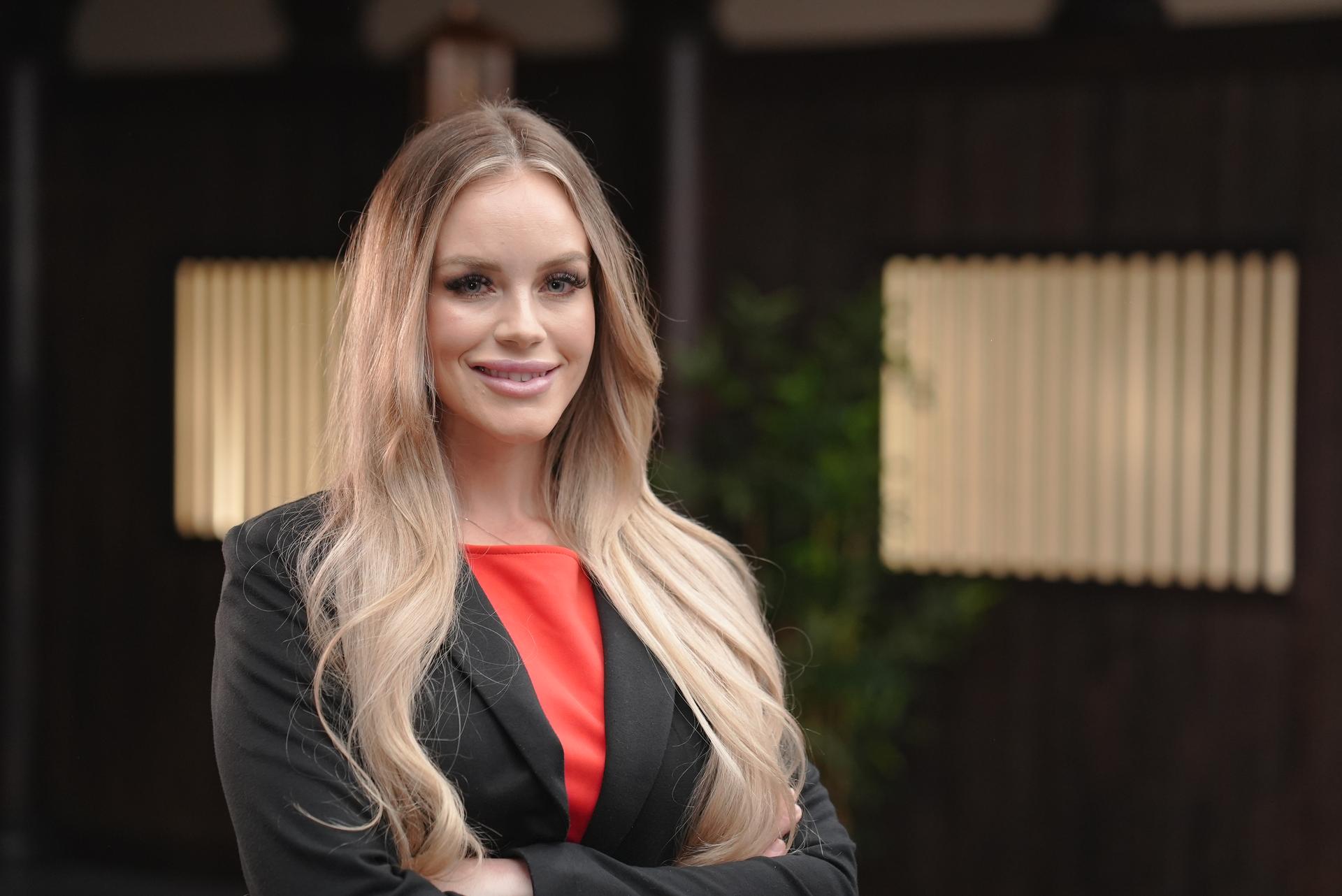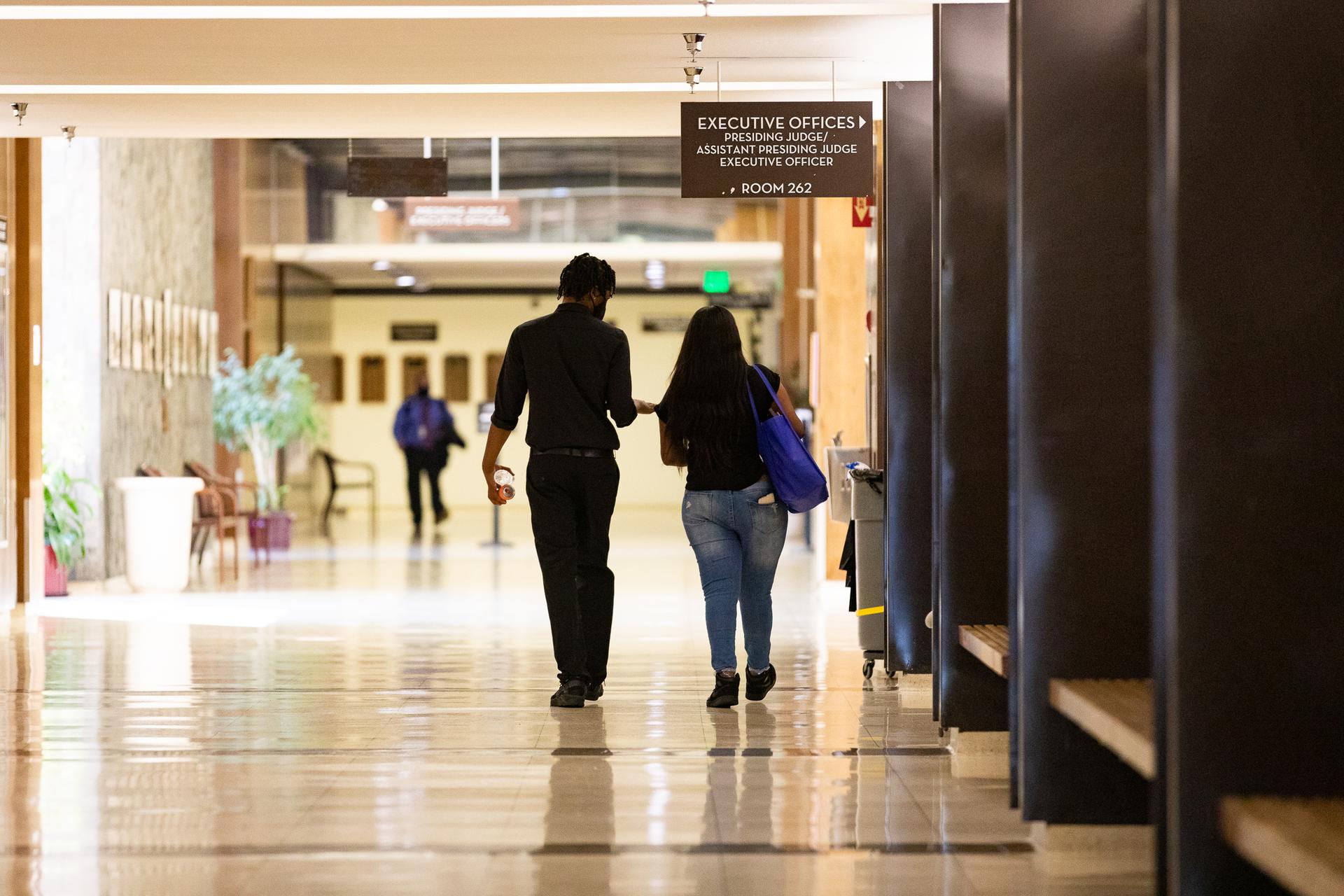In 2020, a law was passed in California that aimed at eliminating “unconscious bias”—including “implicit and institutional biases”—from jury selection processes throughout all courts in the state, according to the bill authors.
However, critics say the law—AB 3070—which went into effect in January 2022, is decreasing public safety and having a negative impact on convictions.
“I think this law was well-intentioned, but I don’t think it was well thought out,” Nicole Castronovo, a trial attorney based out of California, said in a recent episode of EpochTV’s “California Insider.”
Ms. Castronovo said the law of the land before AB 3070 was that no one could intentionally discriminate against a juror because of their race, sex, or religion.
Under the old system, trial attorneys on each side were allotted a certain number of dismissals for jurors considered for selection from a pool on the case being heard. If an opposing attorney alleged that the dismissal of a juror was due to discrimination by the attorney who dismissed them, the challenging attorney had to provide proof of such discrimination.
However, Ms. Castronovo says the new law instead places the burden on the attorney attempting to dismiss the juror to demonstrate to a judge that they are not being discriminatory, which she says is very difficult to do. She also said this violates the principle of “innocent until proven guilty.”

Nicole Castronovo, a trial attorney based out of California. (Taras Dubenets/The Epoch Times)
The law requires the attorney to provide “clear and convincing evidence that an objectively reasonable person would view the rationale as unrelated to a prospective juror’s race” or other protected trait, according to the text of AB 3070. Otherwise, certain reasons for attempting to dismiss a juror are “presumed to be invalid.”
Ms. Castronovo argues the law makes it increasingly challenging to secure convictions for criminal behavior, potentially contributing to the rising crime rates experienced in the state.
She pointed to cases like that of former San Bernardino County Sheriff’s Deputy Meagan McCarthy, to cite how the law is affecting crime victims.
On September 4, 2019, Ms. McCarthy responded to a domestic violence call, during which the suspect attacked her. Despite video evidence and multiple witness testimonies, the jury acquitted the attacker of attempted murder and assault on a police officer with a firearm, instead finding him guilty of a lesser charge—negligent discharge of a gun.
Ms. McCarthy said she believes AB 3070 played a significant role in the outcome of her case, because the law prohibits attorneys from removing jurors displaying bias against law enforcement. Ms. Castronovo agreed.

Former San Bernardino County Sheriff's Deputy Meagan McCarthy. (Taras Dubenets/The Epoch Times)
“Many of the jurors that sat on the jury that heard her case expressed a bias towards police officers, and under the new law, they could not be removed from the jury just because they expressed a bias towards police,” Ms. Castronovo said. “Quite literally, the deck was stacked against her being the victim of a crime.”
AB 3070 has additional provisions that prevent the removal of jurors for being “inattentive” or providing “unintelligent” or “confused answers.” The law states these reasons “have historically been associated with improper discrimination in jury selection.”
However, Ms. Castronovo said as a Latina woman, these provisions are “incredibly offensive” to her.
“In its attempt to eliminate implicit bias, it’s actually codifying racial stereotypes,” she said. “They harkened back to some very ugly stereotypes in writing this law.”
Critics like Ms. Castronovo and Ms. McCarthy argue that the law raises concerns about the fairness of trials, as it may lead to less informed and biased jurors participating in the decision-making process.
They both brought up another situation where a police officer is potentially the main witness to a crime against a regular citizen, and they said if a jury is biased toward that police officer, they may not believe the police officer’s report. Therefore, that community member may not get the justice they deserve.

People walk through the Orange County Central Justice Center, in Santa Ana, Calif., on Sept. 18, 2020. (John Fredricks/The Epoch Times)
“So Assembly Bill 3070 doesn’t just impact law enforcement, it impacts everybody,” said Ms. McCarthy on the recent episode of “California Insider.”
The law faced opposition from numerous public safety organizations and the Association of Deputy District Attorneys. Currently, AB 3070 applies to criminal trials, and is slated to extend to civil trials beginning in 2026.











